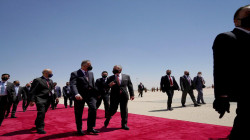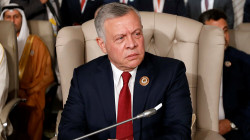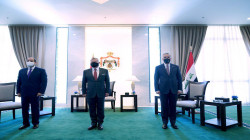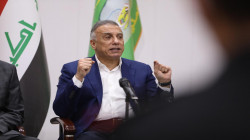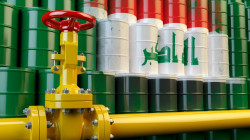.Iraq, Jordan near electricity linkage completion
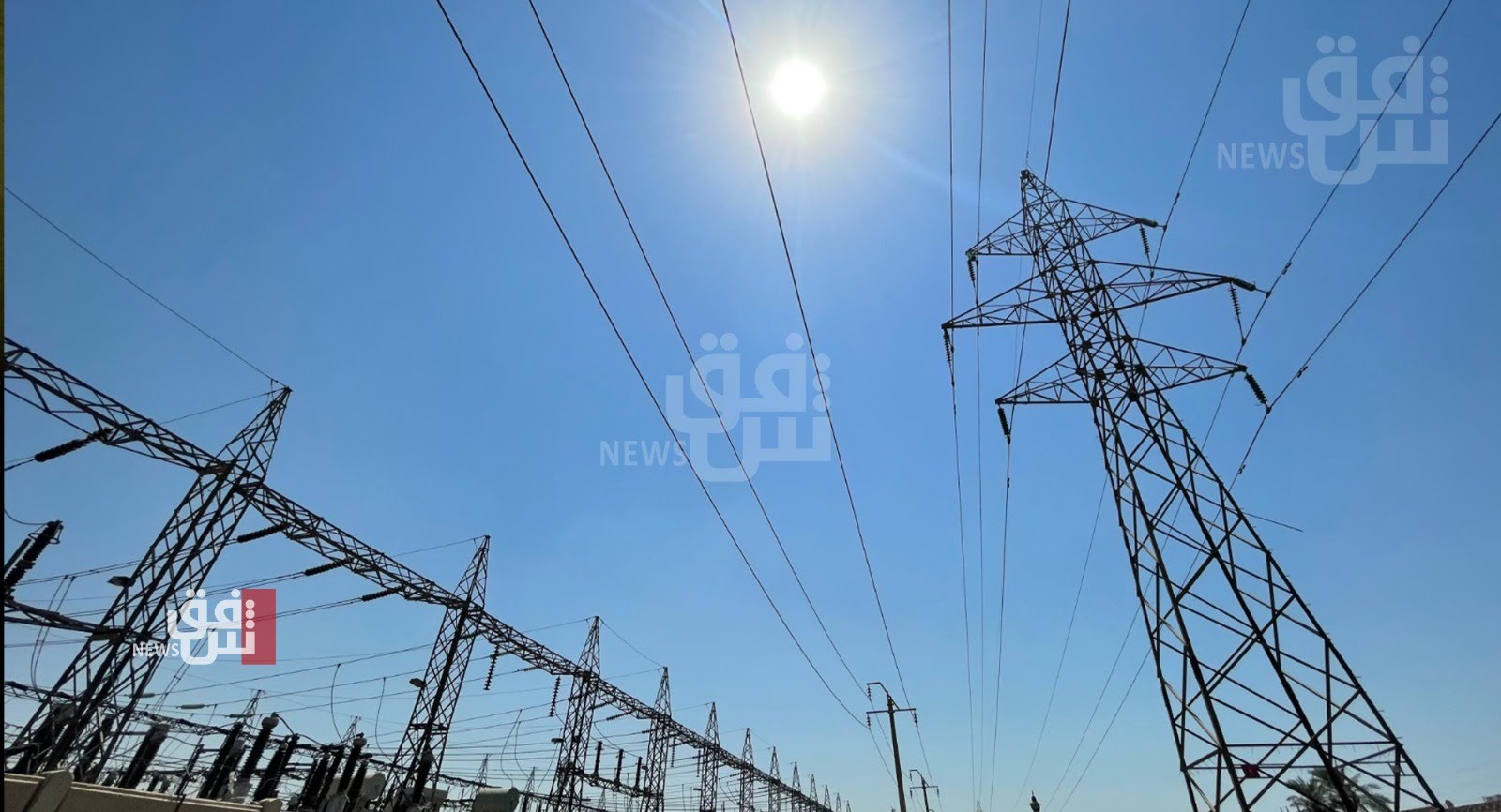
Shafaq News / The Minister of Electricity Ziyad Ali Fadhel, announced on Friday that the first phase of the Iraqi-Jordanian electricity linkage is nearing completion and is expected to be operational in the coming days.
According to a brief statement from the Ministry of Electricity's media office, Minister Fadhel confirmed that "in the coming days, the first phase of the Iraqi-Jordanian electrical interconnection will be activated for the benefit of the western al-Anbar region."
He added that efforts are underway to complete the Iraqi-Gulf electrical interconnection.
On February 11, 2024, Jordan and Iraq signed the first amendment to the electricity supply contract to provide the Iraqi side with electricity at 132 kilovolts to supply the loads of the Rutba region, estimated at 40 megawatts.
The document was signed by the Jordanian side, represented by the Director-General of the National Electric Power Company, Amjad al-Rawashdeh, and by the Iraqi side, represented by the Acting Director-General of the General Company for Electricity Transmission/ Central Region, Riyadh Aribi, in the presence of officials from both parties.
Al-Rawashdeh stated that "the agreement comes within the aspirations of both the Jordanian and Iraqi sides to start establishing the joint synchronous electrical interconnection, which will contribute to enhancing the exchange of electrical energy and stabilizing the electrical systems in both sides. This will be a key part of the future Arab energy market."
He added, "We have now completed all the technical procedures for the first phase, and the Iraqi side is ready to receive electricity. Work is underway to complete some banking procedures between the parties in preparation for starting to supply the Iraqi side with about 40 megawatts in the first phase, while work is currently underway to prepare for the second phase, expected to be completed in the third quarter of the current year."
Al-Rawashdeh continued, stating that "after the completion of the second phase, the total capacity to be provided to Iraq will be approximately 150-200 megawatts, and with the development of interconnection stages in the medium term, the supply capacity could reach 500 megawatts."
Notably, Iraq's electricity supply faces substantial challenges stemming from years of neglect, underinvestment, and conflict-induced damage to infrastructure.
The country's power grid struggles to meet demand, particularly during peak periods exacerbated by soaring temperatures.
Dependence on electricity imports from neighboring countries like Iran and Turkey further complicates the situation, leaving Iraq vulnerable to geopolitical tensions and supply disruptions.
Efforts to address these challenges include government initiatives aimed at upgrading infrastructure, constructing new power plants, and improving efficiency.
However, progress is hindered by ongoing political instability, corruption, and economic constraints.
Despite these obstacles, there are opportunities for investment in renewable energy projects and modernizing existing infrastructure.
Achieving a stable and reliable electricity supply in Iraq requires sustained investment, effective governance, and resolution of political and economic challenges.
